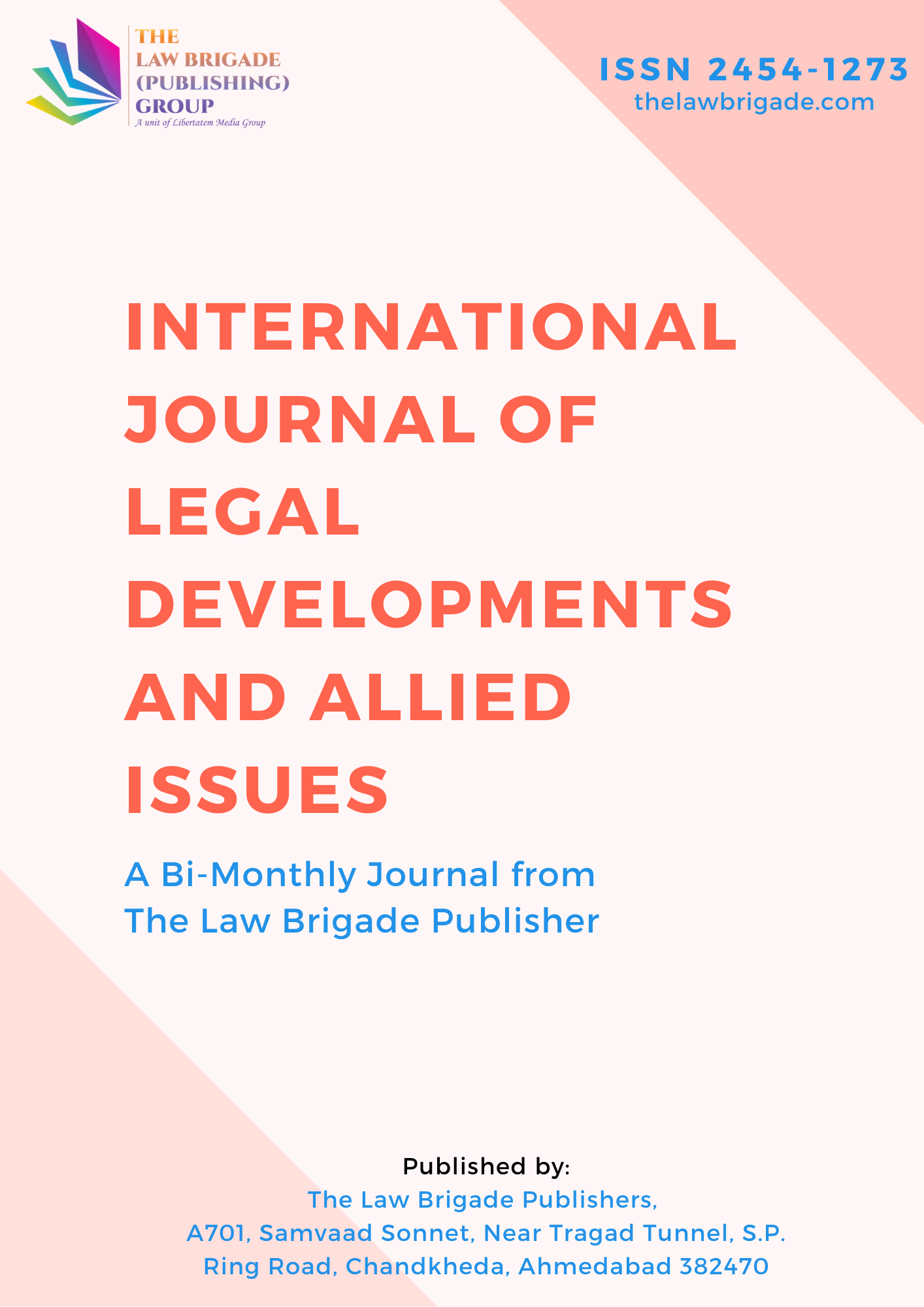This research paper focuses on the emerging trends of open dumps and sustainability with specific reference to India. A case study has been conducted through empirical research on the waste management problems in Deonar dumping ground, in light of the above-mentioned trends. The paper traces the evolution of conventions relating to biomedical waste and solid waste and the obligation it imposes on the signatory parties. It also focuses on India’s stand on various conventions like Basel Convention, Rotterdam Convention, Stockholm Convention and Minamata Convention. Furthermore, an emphasis is made on the need to combine the concepts of sustainability and open dumping in such a way, that it leads to the adoption of sustainable methods in dealing with and disposal of waste.
The paper subsequently addresses matters about human rights violations, health hazards and problems that affect the residents of Deonar. The data collected has been analysed in detail, and an attempt has been made to highlight the impending issues. The researcher has also noted a few recommendations, which when implemented can lead to a probable solution to Deonar’s never-ending waste problem.





